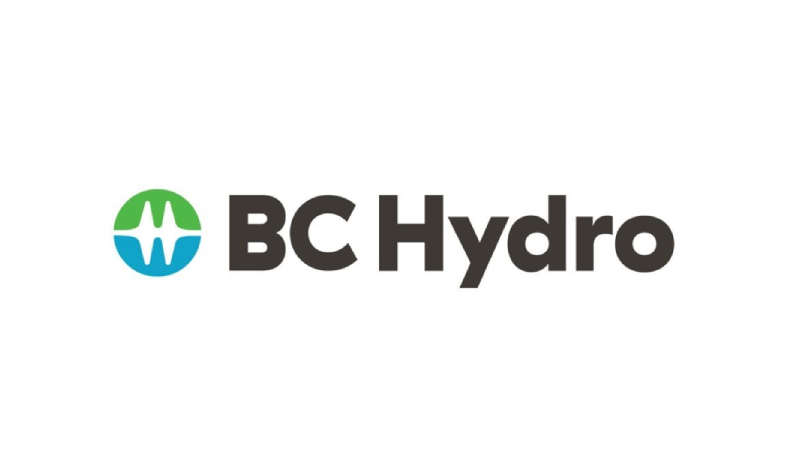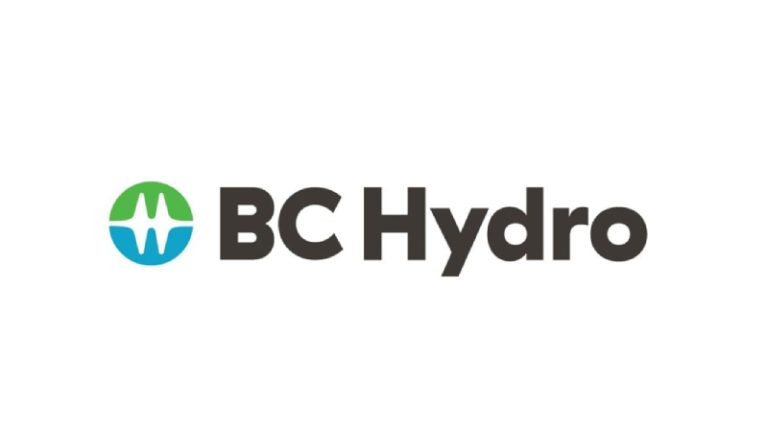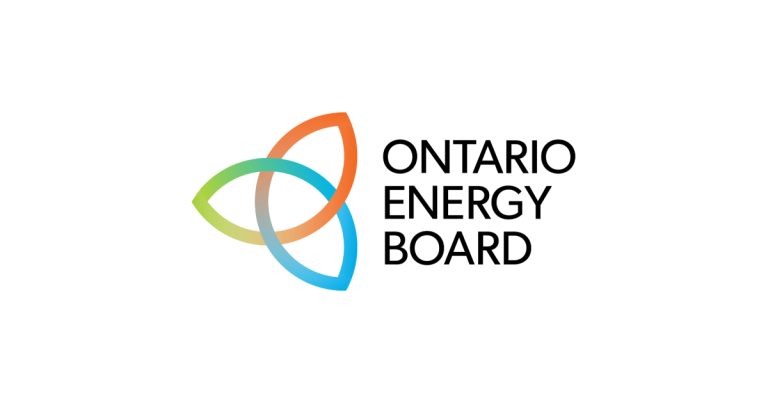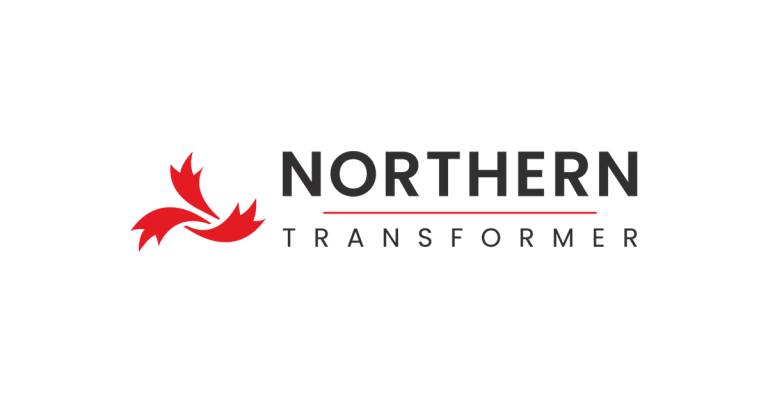B.C. Investing $360M for Tri-Cities with Clean Electricity

September 9, 2024
BC Hydro will construct approximately $360 million worth of capital projects in Coquitlam, Port Coquitlam, Port Moody and the Village of Anmore over the next decade to upgrade and expand the electricity grid and provide clean power for homes, businesses, and growing electrification and transportation needs.
“We must build out B.C.’s electrical system like never before to power our homes and businesses, to power a growing economy and to power our future,” said Josie Osborne, Minister of Energy, Mines and Low Carbon Innovation. “Throughout the Tri-Cities and in communities across B.C., these construction projects will create thousands of good jobs over the next decade and ensure that people have access to clean, affordable and reliable electricity when they need it and where they need it.”
In January, the Province announced BC Hydro’s updated 10-year capital plan, which contains $36 billion in regional and community infrastructure investments across B.C., a 50% increase in investments over its previous capital plan. These new construction projects are forecast to support 10,500 to 12,500 jobs on average annually and will increase and maintain BC Hydro’s capital investments as major projects such as Site C are completed.
The plan reflects growing demand for electricity across sectors due to population growth and housing construction, increased industrial development, and people and businesses switching from fossil fuels to clean electricity, among other factors.
“In growing regions like the Tri-Cities where we are seeing substantial growth in housing, building, transportation and business growth, we are embarking on significant upgrades to our electricity system, including investments in our substations, transmission lines and distribution network to ensure we can continue to provide reliable and clean electricity to our customers,” said Chris O’Riley, president and CEO, BC Hydro. “We are also making important changes to our customer connections process to speed up timelines for newly constructed homes and buildings.”
The Tri-Cities area is witnessing significant growth. The region’s population has more than doubled over the past 20 years and is projected to rise further by nearly 60% to almost 400,000 by 2050. This increase is resulting in new housing developments, densification, new businesses and growing transportation, electrification and energy needs. To meet this surge in demand, approximately $360 million is being invested in several projects, including:
- redevelopment of the Barnard substation to service Burquitlam and central Coquitlam, powering an additional 18,000 to 30,000 new homes to be in service by 2029;
- improvements at the Buntzen Lake 1 and 2 generating facilities to address seismic and reliability risks; and
- an upgrade and relocation of the 230kV switchyard control building at the Burrard Synchronous Condense site.
In addition to these major projects, transmission and distribution investments will support new residential developments, load growth in Burquitlam, central Coquitlam and Fraser Mills communities, as well as the energy requirements at Translink’s new additional operations and maintenance centre, which is under construction.
BC Hydro’s 10-year capital plan is a key part of Powering Our Future: BC’s Clean Energy Strategy. The strategy focuses on building an economy powered by clean energy, creating new jobs and opportunities, and keeping electricity affordable.
BC Hydro also recently launched a call for power to acquire approximately 3,000 gigawatt hours per year of clean electricity. This is BC Hydro’s first competitive call for power in more than 15 years and will add 5% to its current supply. It will be the first in a series of calls for power as BC Hydro requires more power to electrify B.C.’s growing economy and reduce harmful pollution.
Quick Facts:
- Currently, 98% of the power generated for B.C.’s integrated grid comes from clean or renewable resources, making B.C. a leader in North America when it comes to clean energy.
- Electricity demand in B.C. is expected to increase by 15% or more between now and 2030.
- BC Hydro has kept rate increases below the rate of inflation for six years in a row.
- B.C. has the second-lowest residential electricity rates in North America, and the third lowest commercial and industrial rates.
- BC Hydro was a net exporter of electricity for the past five years (2019-23), with the majority of imports coming from dedicated clean sources of electricity.







